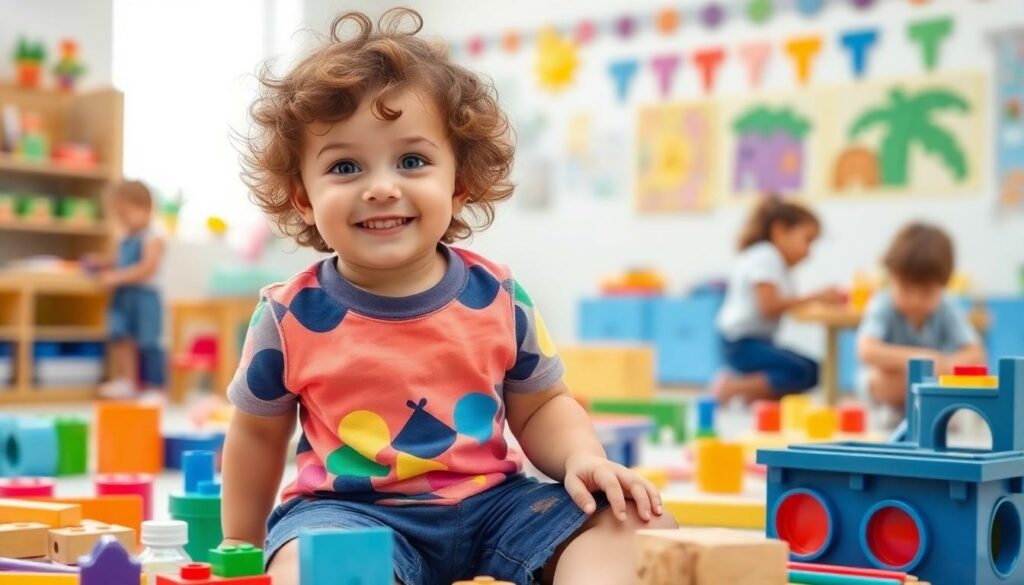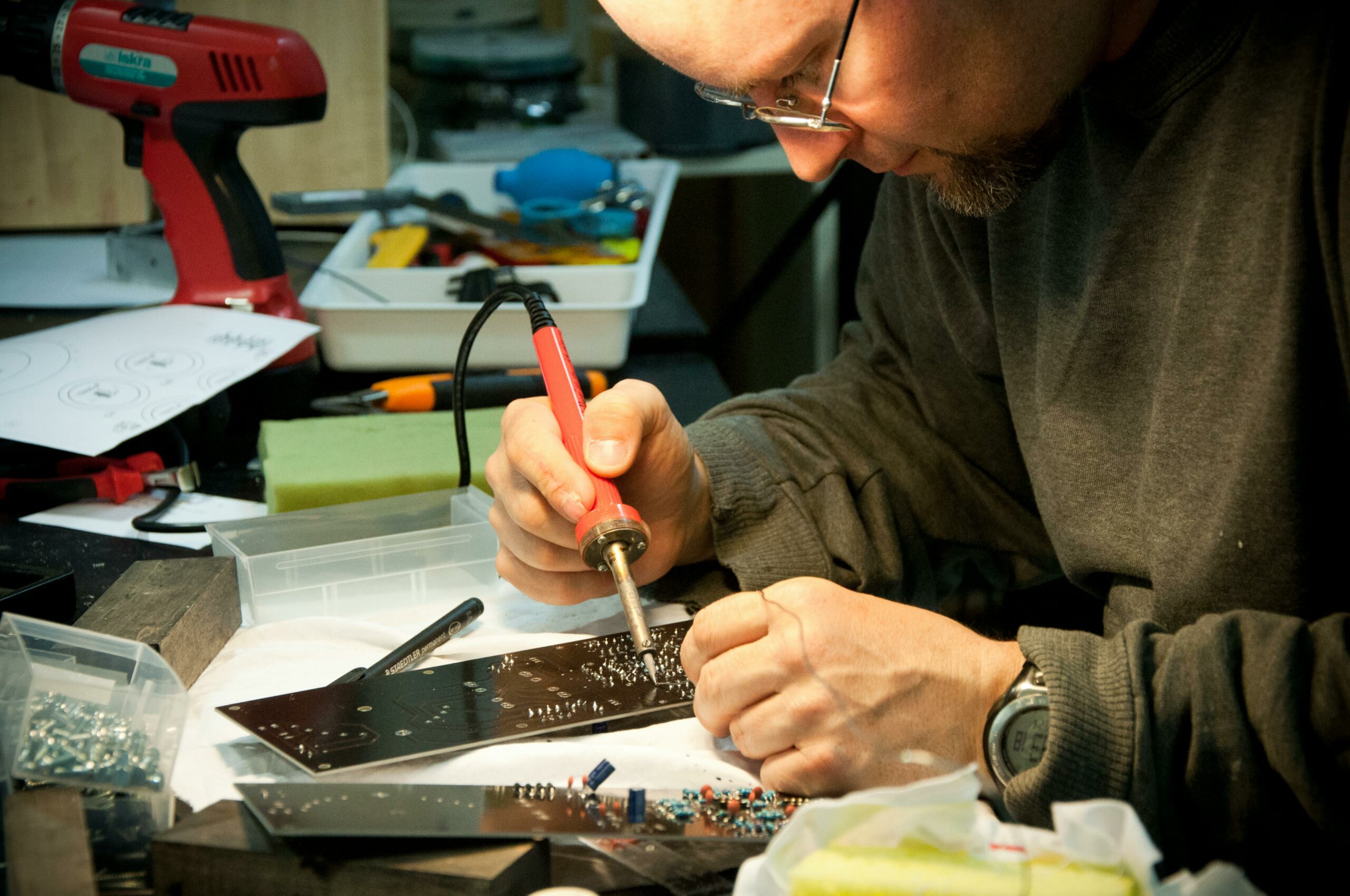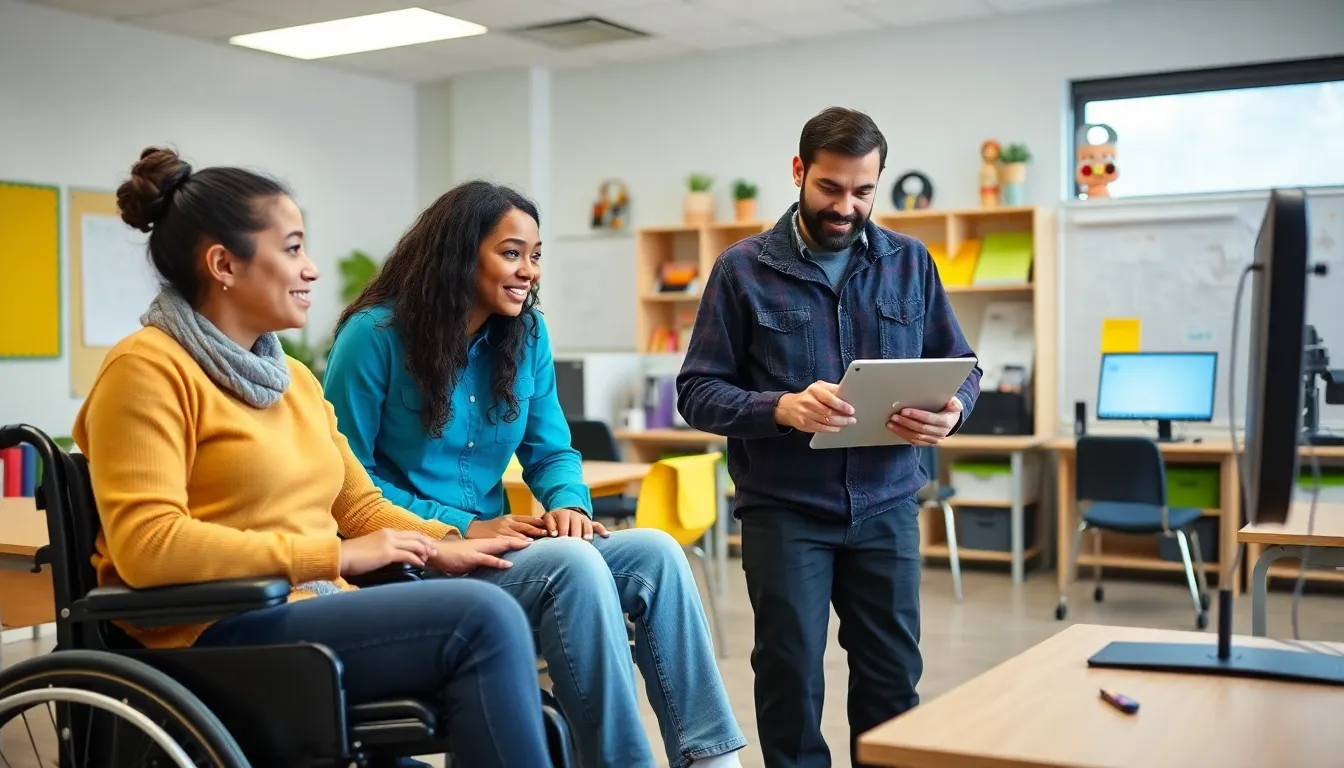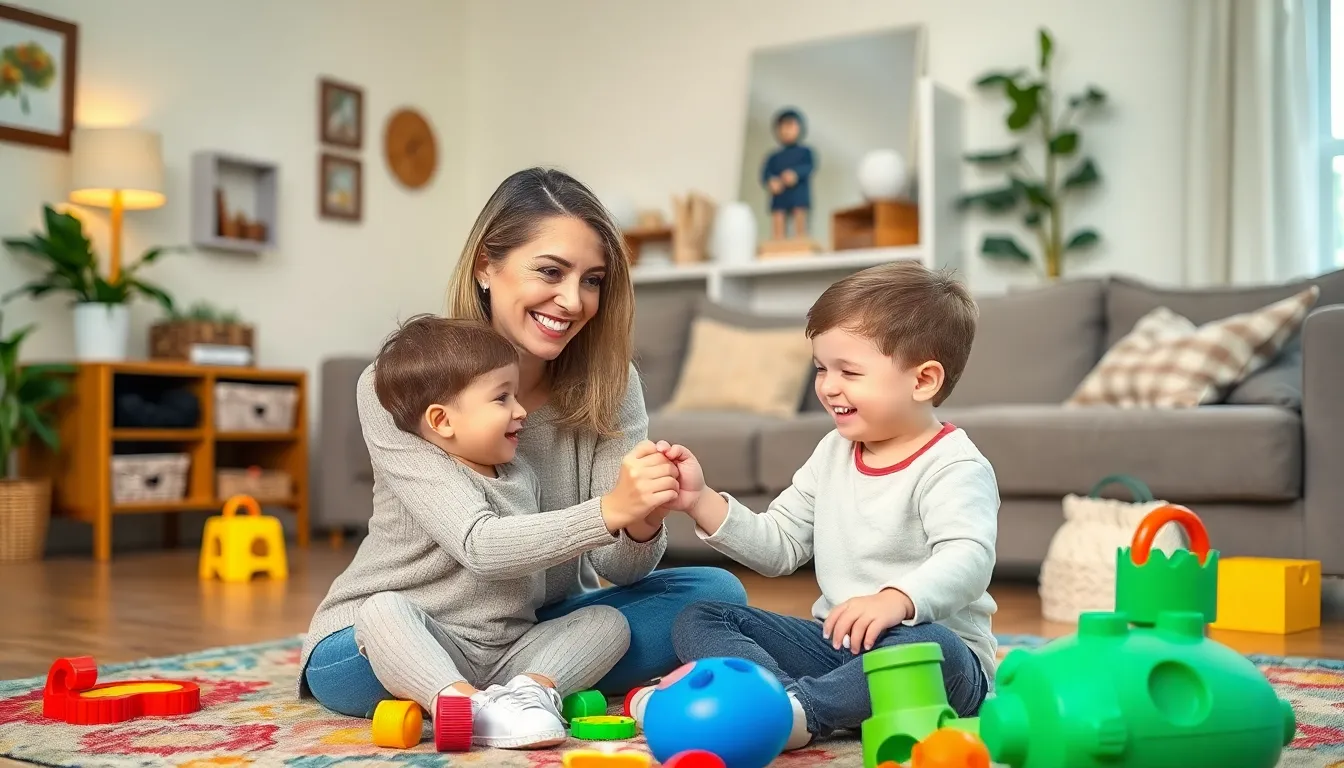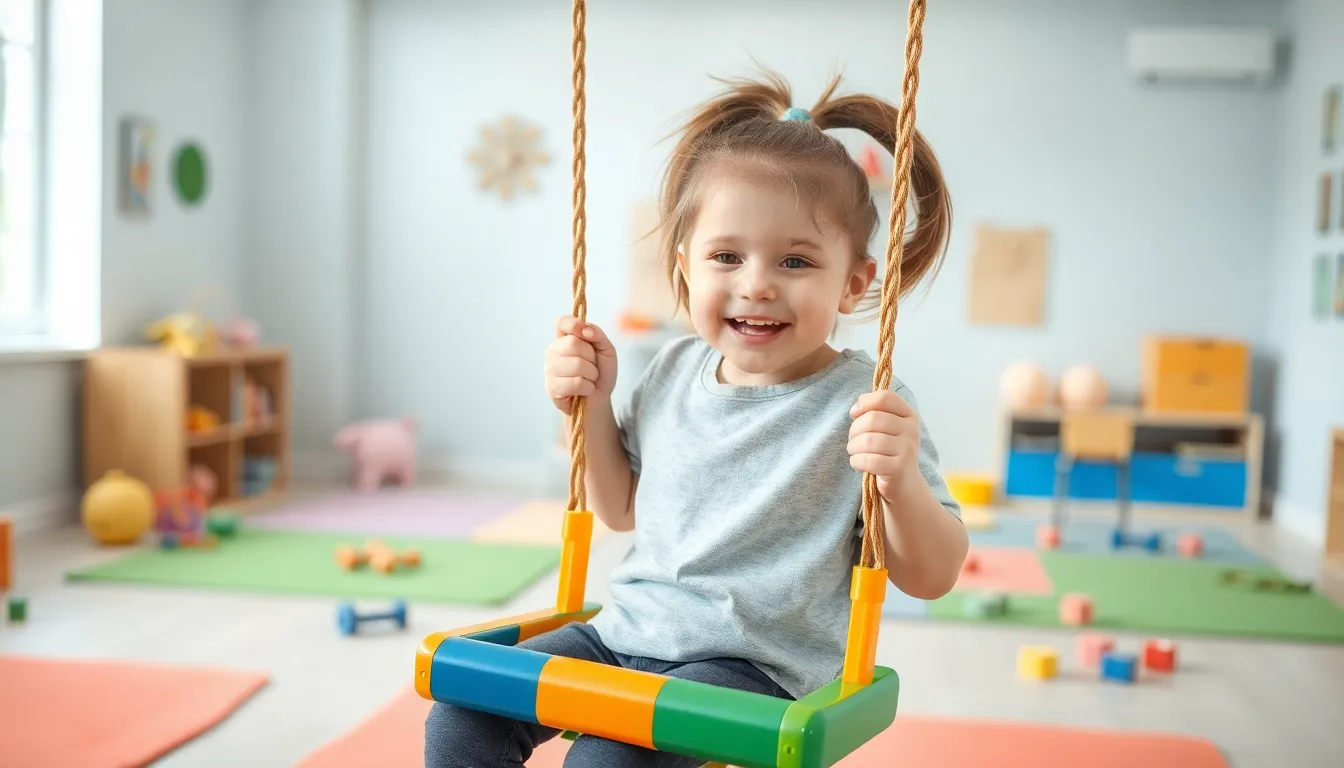Choosing the right preschool for a three-year-old can feel like searching for a unicorn in a haystack. Parents want a magical place where their little ones can learn, play, and maybe even master the art of sharing (because let’s be honest, that’s a tall order!). At this tender age, children are like sponges, soaking up knowledge and experiences faster than a toddler can spill juice on a new shirt.
Table of Contents
ToggleOverview of Preschool For 3 Year Old
Preschool for three-year-olds provides a foundation for early childhood development. Kids engage in play-based learning, which promotes cognitive and emotional growth. Social interaction with peers helps enhance sharing and communication skills.
Classrooms focus on age-appropriate activities while fostering curiosity. Teachers create inclusive environments that encourage exploration. Programs typically incorporate songs, storytelling, arts, and crafts, helping children develop motor skills and creative expression.
Developmental benchmarks play a crucial role in guiding educational practices. Children learn through structured routines, which enhance their sense of security. Introducing basic concepts like numbers, letters, and colors assists in language and cognitive development.
Curriculum standards often align with state guidelines to ensure quality education. Many preschools also implement assessment methods to track individual progress. Engaging with parents and providing feedback remains essential for maintaining development.
Choosing a preschool involves evaluating various factors. Parents often prioritize safety, teacher qualifications, and facility amenities. Researching programs and visiting schools helps parents make informed decisions.
Enrollment considerations vary among preschools. Some programs operate year-round, while others follow academic calendars. Part-time and full-time options exist to accommodate different family needs.
Preschool serves as an introduction to structured learning experiences. It stimulates children’s natural curiosity while providing essential social skills. Investing in preschool education positively impacts future academic success and personal growth.
Importance of Early Childhood Education
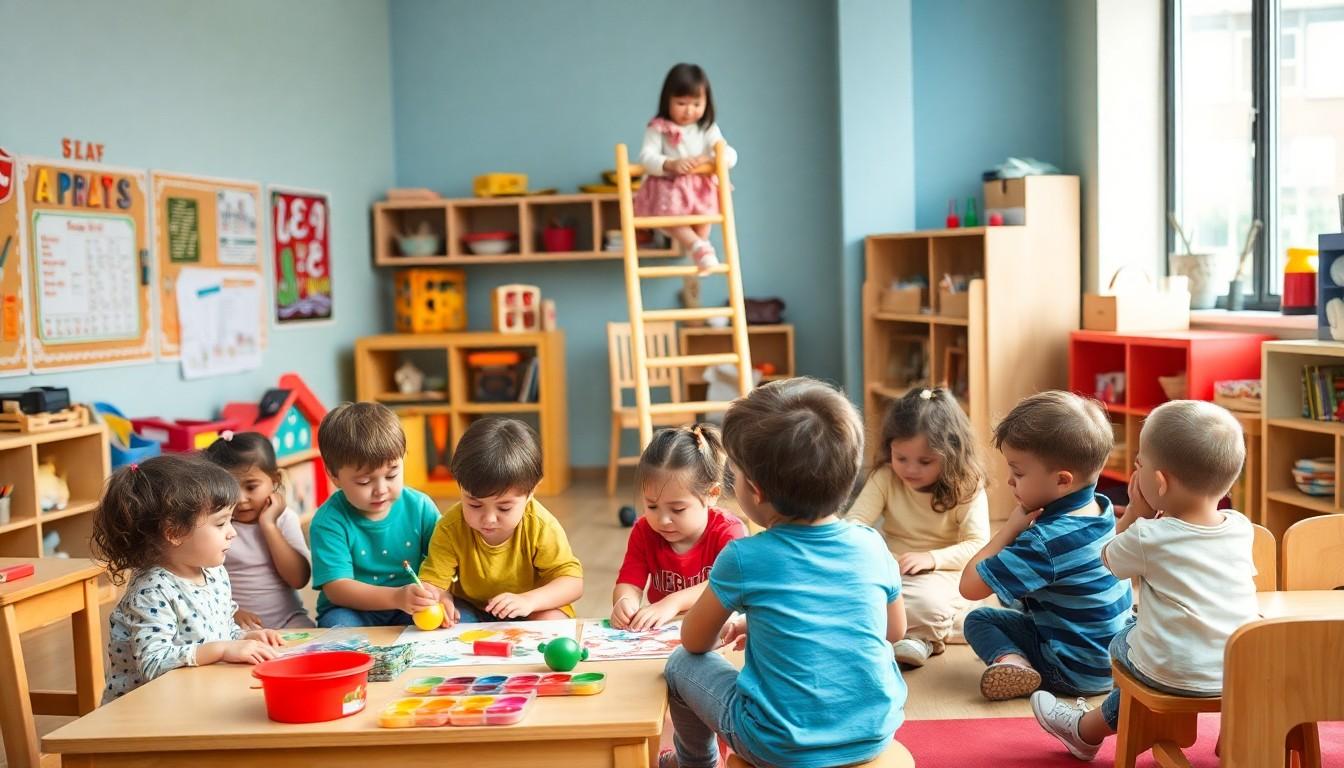
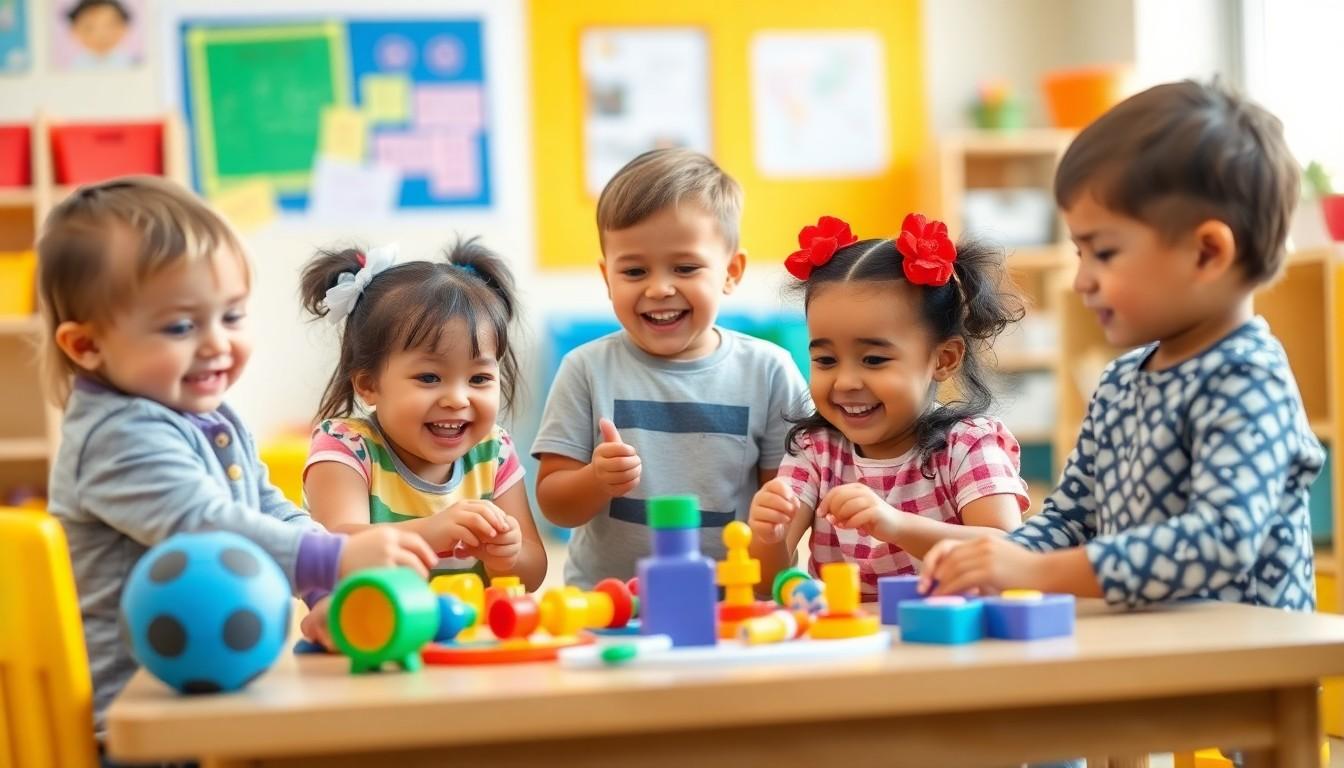
Early childhood education lays the groundwork for future learning. During these formative years, children exhibit rapid cognitive, emotional, and social development.
Developmental Benefits
Developmental benefits include enhancing cognitive skills through engaging activities. Structured play promotes problem-solving, critical thinking, and creativity. Real-world experiences foster curiosity, encouraging children to ask questions and explore their interests. Fine and gross motor skills improve through hands-on activities such as painting and climbing. Introducing foundational concepts in a playful environment supports language acquisition, making learning enjoyable and effective. Recognizing these advancements sets the stage for successful learning experiences in later academic settings.
Social Skills Enhancement
Social skills enhancement occurs as children interact with peers. Engaging in group activities teaches sharing, cooperation, and communication. Children learn to express emotions and resolve conflicts, vital skills for future relationships. Teachers often facilitate interactions, guiding children to navigate social situations. Positive reinforcement from educators boosts children’s confidence in social settings. Exposure to diverse social environments prepares children to adapt and thrive in various contexts. Such experiences contribute to strong interpersonal skills, aiding children’s overall development.
Choosing the Right Preschool For 3 Year Old
Selecting a preschool for a three-year-old requires careful consideration. Parents prioritize nurturing environments that support both learning and play.
Factors to Consider
Safety remains a top priority. Parents assess the security measures in place at each facility. Teacher qualifications are essential too, as experienced educators foster a positive learning atmosphere. Facilities should offer age-appropriate amenities that accommodate young children’s needs. Curriculum and teaching methods matter significantly, with a preference for play-based approaches that promote curiosity and engagement. Evaluating enrollment options is critical, as programs may vary between full-time, part-time, year-round, or academic calendar arrangements. Lastly, proximity to home influences convenience for daily commutes.
Questions to Ask Prospective Schools
Inquiring about the school’s philosophy aids in understanding its educational approach. Parents should ask about teacher qualifications to gauge expertise in early childhood education. Discovering how the curriculum aligns with developmental benchmarks provides insight into educational quality. Questions regarding class sizes reveal how much individual attention each child may receive. Parents also need to understand the types of activities offered, as engagement fosters a love for learning. Finally, discussing the school’s plan for parent involvement encourages strong home-school connections that support child development.
Typical Curriculum in Preschool For 3 Year Old
Preschool for three-year-olds typically focuses on developing essential skills through engaging activities and structured routines. This stage emphasizes playful learning, helping children grow cognitively, socially, and emotionally.
Learning Through Play
Learning through play forms the core of preschool education for three-year-olds. Play-based activities stimulate curiosity and creativity while encouraging children to explore their surroundings. Social skills flourish as kids interact with peers during playtime, allowing them to learn sharing and cooperation. Teachers facilitate these experiences, guiding children’s exploration and promoting problem-solving skills. Imaginative play also fosters language development, enabling children to express themselves more confidently. Overall, play serves not just as entertainment, but as a vital component of early learning.
Key Activities and Experiences
Key activities and experiences invite children to engage actively and build foundational skills. Art projects allow for creative expression, enhancing fine motor skills as children use scissors, crayons, and paint. Storytime sessions introduce essential literacy concepts, often involving interactive elements that keep children engaged. Circle time fosters communication skills through songs and group discussions, promoting listening and participating. Outdoor play provides opportunities for gross motor development, as kids climb, run, and engage in physical activities. All these elements work together to ensure a well-rounded early education experience that prioritizes growth and learning.
Challenges and Considerations
Selecting a preschool involves understanding various challenges. Parents must navigate these complexities when making decisions for their three-year-olds.
Separation Anxiety
Separation anxiety commonly affects young children during the transition to preschool. Many three-year-olds experience distress when parting from their parents. Children may exhibit clinging behavior or crying upon arrival. Strategies that support gradual separation can ease this process. Parents might consider visiting the school with their child to familiarize them with the environment. Involving teachers in this adjustment can also provide reassurance. Communication between parents and preschool staff enhances the transition, ensuring children feel secure. An understanding approach from teachers helps alleviate anxiety, creating a supportive atmosphere.
Individual Learning Paces
Every child learns at their own pace, making it essential to recognize individual differences. Three-year-olds develop cognitive and social skills variably, requiring tailored educational approaches. Some children grasp new concepts quickly, while others need additional time. A flexible curriculum allows educators to adapt activities based on each child’s needs. Engaging in one-on-one interactions provides opportunities for more personalized learning experiences. Preschool teachers play a vital role in identifying these unique learning styles, fostering growth and development. Continuous observation and assessment help educators support each child’s learning journey.

